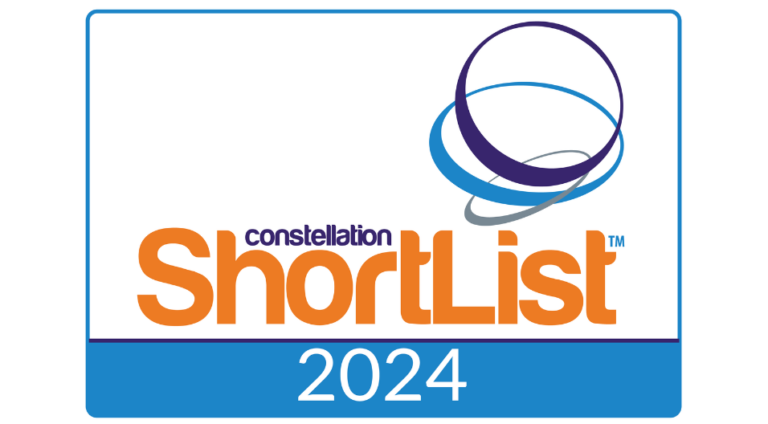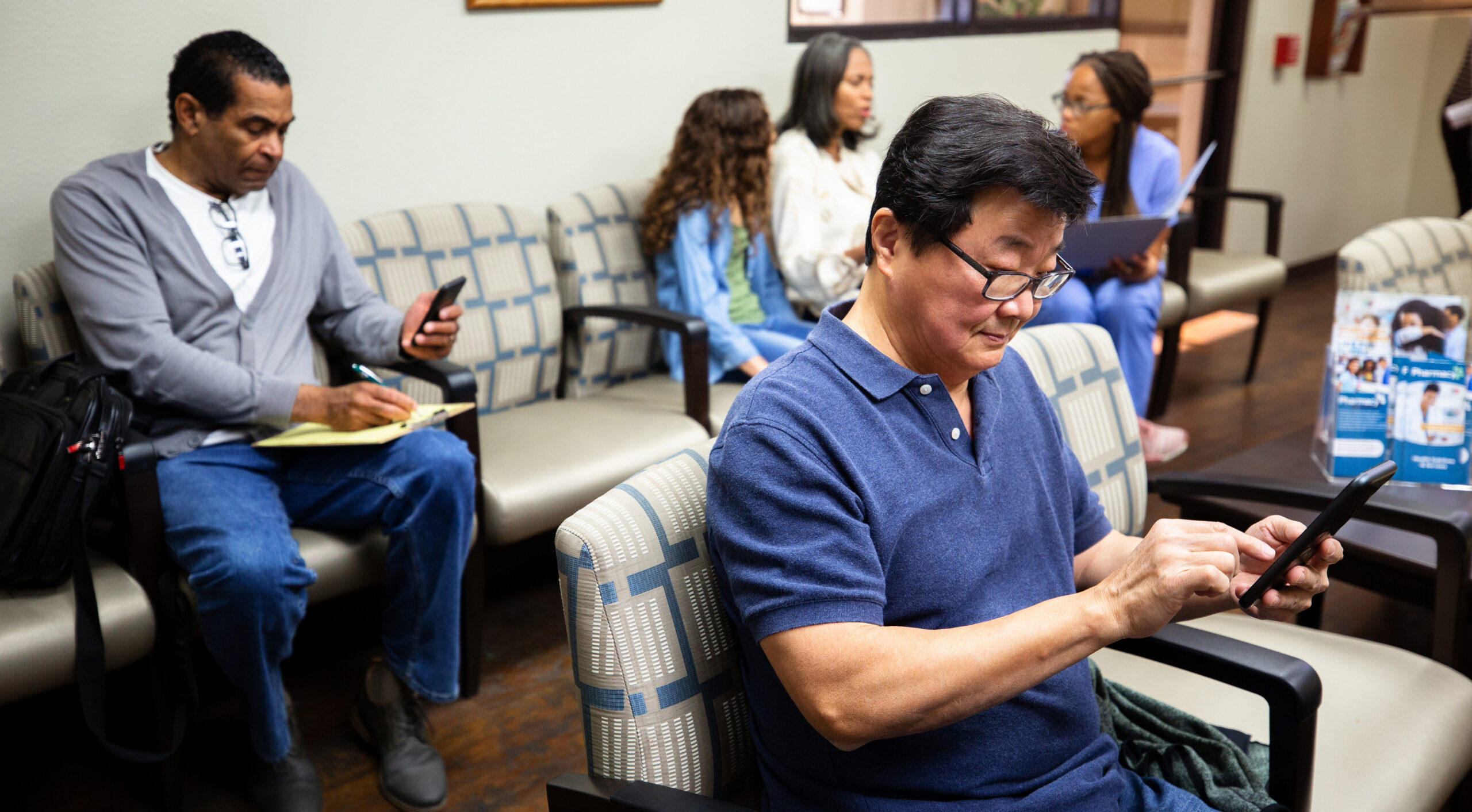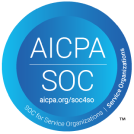Joy Avery, MSN, RN, CipherHealth’s SVP of Clinical Strategy and Donna Pritchard, FNP-BC, MSN, RN, CipherHealth’s newly hired VP of Clinical Services are presenting at the American Organization for Nursing Leadership (AONL) Annual Conference in April 2022 on the topic of staff wellbeing and employee wellness. The CipherHealth marketing team sat down with them to get a sneak peek of their talk about the importance of making healthcare staff’s physical and mental health a priority and the impact of this on improving staff retention, employee wellness, and patient experience.
Thank you for taking the time to speak with us today. We know it has been a tumultuous time for healthcare workers, to say the least. Can you tell us about the current situation, as you see it?
Joy: At the start of the pandemic frontline healthcare workers were celebrated as “healthcare heroes” but, as we pass the second year mark, many of them feel as if they are now the “forgotten ones.” Our healthcare staff continue to be in crisis mode. In the U.S. there have been 80 million cases of COVID-19 and 1 million deaths; healthcare workers themselves have contracted the virus and over 4,000 have died. This has been an unimaginable hardship and it’s taken a physical and emotional toll. Many are burnt out, experiencing depression or PTSD and staffing shortages are only exacerbating the problem.
Donna: To add on, the future of the nursing profession is in jeopardy. Nearly 1 in 5 healthcare workers have quit their jobs since COVID hit. Many younger nurses are considering leaving their positions. And by 2030, approximately 1 million nurses will retire. The number one issue right now is staffing. But there are several competing priorities: hospitals and health care systems are also contending with surge capacity challenges during the ongoing pandemic, ensuring adequate resources, clinical competence and education, patient and staff safety, patient and staff satisfaction and this is by no means an exhaustive list. There is much more.
Given the ongoing crisis, what are some things healthcare leaders can do?
Joy: Staff wellbeing must be a priority. If it is not made a priority, patient care will suffer. Without a healthy and stable workforce, everything else that Donna listed cannot be effectively addressed. And there is increasing research that shows that employee engagement, in particular nurse satisfaction, directly impacts patients’ experience of care.
Donna: Many healthcare leaders and those in patient experience feel like either they’ve already tried everything and it didn’t work or they don’t have time to implement everything that is being recommended. I understand that. But in my experience two activities have provided the most improvement, namely Nurse Leader Rounding and Post-Discharge Outreach. When well executed, they have shown to have positive impacts on staff wellbeing and resource allocation, and also the best and most sustained improvement to patient experience results.
Can you speak further about what a successful staff wellbeing strategy looks like?
Joy: Instituting a purposeful staff rounding program that allows for real-time intervention and connection, with supportive assistance programs. This is a strategic imperative. Providers count on their frontline staff every day to provide the best care possible regardless of factors like stress and mental health. That relationship needs to be reciprocal. Healthcare staff should go to work each day knowing that their employer has their safety, wellbeing, and best interests at heart.
Donna: Essential to that type of understanding is trust, built through communication. Hospital and facility leaders need to have real-time understanding of the issues affecting staff wellbeing and make data-driven decisions to address them. This demonstrates to staff members that they do in fact, have their back. Just as nurses round on patients to understand and act on their needs, leaders need to enact purposeful staff rounding programs to understand the evolving concerns of their employees. This is especially true for new nurses, just out of school. They need all the help they can get and frequent interactions through rounding create a sense of care and belonging that may make the difference between them staying in the job or not.
Joy: Also, acknowledgement and recognition of staff is crucial for any staff wellbeing strategy. Giving patients the opportunity to call out the exceptional work of their caregivers impacts everyone’s experience. Caregrams, provided through CipherHealth’s rounding solution, are a quick way to capture patient feedback and share it directly with care team members and their managers. When your staff feels acknowledged, satisfied and healthy, there is a better chance your patients will feel these things too. Additionally, peer to peer recognition matters; it is special for staff to receive kind words from their colleagues. At the end of the day, it is the “little things” that matter—care, compassion and empathy are what creates a sense of loyalty and wellbeing.








